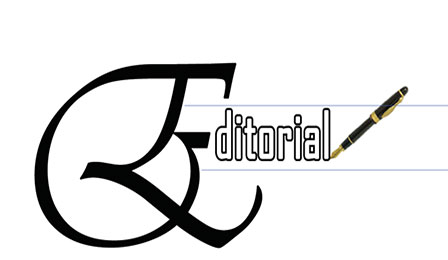
Ethiopia has been exercising federalism for the past two and plus decades. Consequently, states have relatively enjoyed the right to ensure self-administration and representation in federal institutions. They have been able to promote and develop their own identities, languages and cultures, to set policies and laws that work in their best interests within the framework of the country’s constitution and to create and apply solutions to their own local problems.
The system, with all its defects, has actually enabled the nation to answer the historic discrimination and inequality query of nations, nationalities and peoples’ of Ethiopia. Actually, it addressed past administrative injustices and gave recognition for the interests of ethnic groups besides making them beneficiaries of the political, social and economic achievements of the country.
By doing so, over the two decades, the country has been registering impressive social, economic and political successes for consecutive years.
However, that does not mean that the federalism approach has been free from any flaws. Despite these and other growth success records, malevolent activities that were entirely contradicting the principles of the federal system and its established objectives have taken place and created detrimental effects.
The system that was designed with the aim to accommodate the interests of all nations and nationalities, preserve peace and stability among one another and ensure democracy and good governance all over the country was manipulated for some political and economic gains.
Unfortunately, the political and economic power being concentrated in the hands of a very few irresponsible individuals resulted in discontent, hatred and mistrust between and among different nations and nationalities.
As a result, the system failed to address fairly the rights of nations and nationalities, foster culture of accommodating diversity and build a multi-national democracy at the desired level. The reason behind this as agreed by many is the fact that the system was implemented wrongly and used for power and economic control purpose by some individuals.
Currently, Ethiopia is in a wave of reform to address several public questions and demands. Though some of the public demands are effectively met under the reform, the country is still facing many challenges.
For instance, some elements are trying to portray themselves as the true vanguards of federalism and derail the reform by depicting the process and its proponents as working against the federal system. Among them are politicians who actually failed the federal system in this country.
What should be underlined here, the current status of Ethiopia is still a federal state and nothing has been changed so far. If needs be, the ultimate decision will be in the hands of all Ethiopian peoples.
Needless to say that the nation is home to more than 80 different ethnic groups with their own distinctive linguistic and cultural values and religious lines. Those differences are their uniqueness and beauties that foster unity in diversity.
To beat all the resistances and create a prosperous Ethiopia where its people live harmoniously, strengthening and protecting the federal system is a matter that cannot be overlooked.
To develop, promote, and preserve these values, empathize with one another as well as to create a country where all its citizens coexist while retaining their cultural and religious diversity, federalism is believed to be the best glue which cements national integration and builds impeccable union.
In view of this, “Medemer” or synergy, which the government is trying to forge, is not about a forcible action; it is rather a philosophy which binds all Ethiopians with common interest and love to build the new Ethiopia with all our differences!
The Ethiopian Herald September 18/2019





